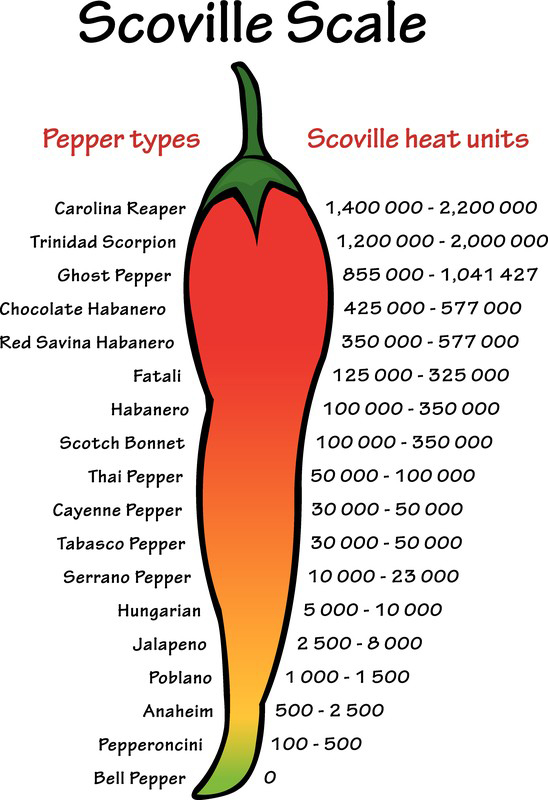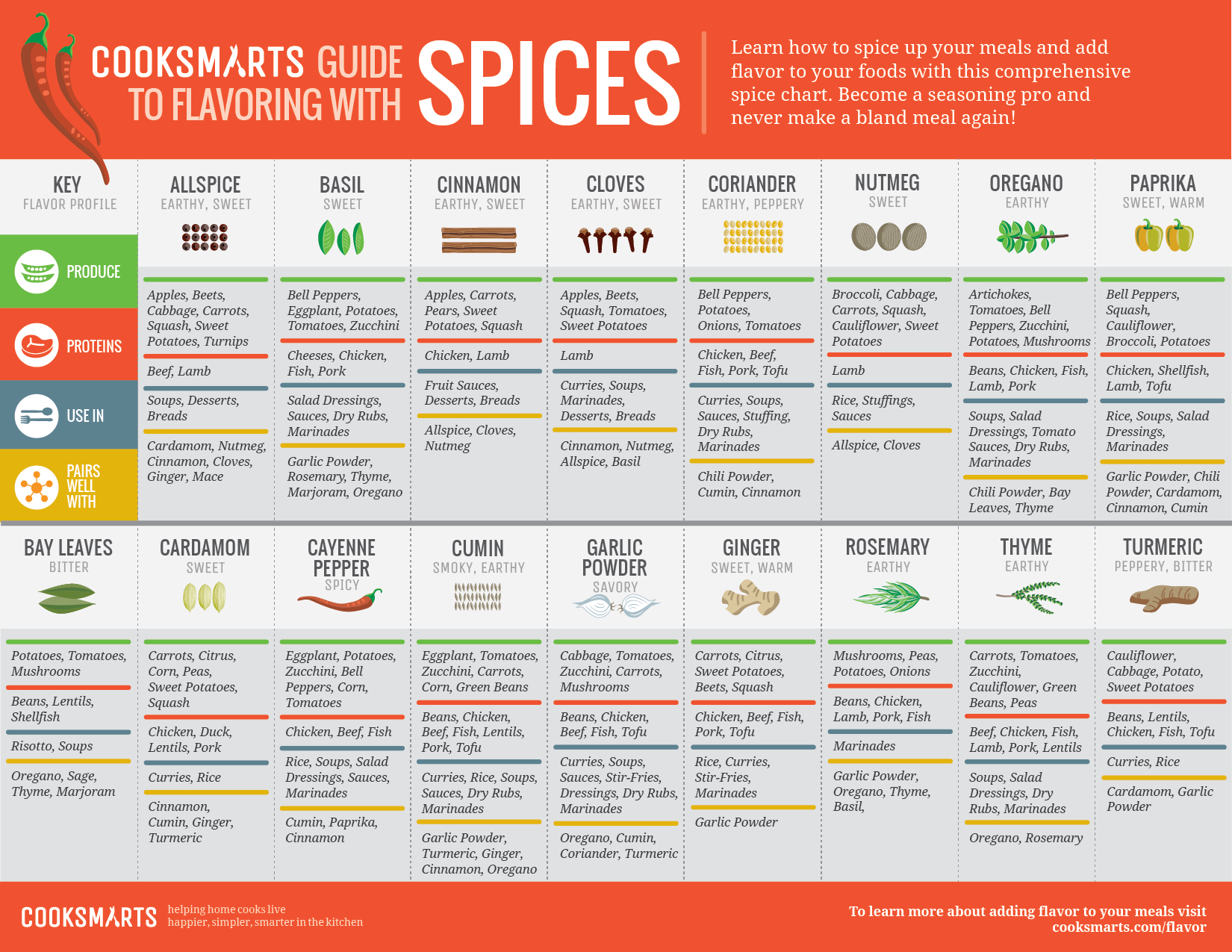
Unraveling the Scoville Scale: The Quest for Peak Piquancy (Yeah, We’re Talking Super Spicy)
Understanding the Measurement of Heat (Like, How Hot Is *Hot*?)
Okay, so you want to know how spicy something is, right? Forget guessing. We’ve got the Scoville Heat Unit (SHU). Imagine a guy named Wilbur Scoville, way back in 1912, basically asking people to taste chili extracts and see when they couldn’t feel the burn anymore. Seriously, that was his job. Now, we use fancy machines, but the idea’s the same: more capsaicin (that’s the burny stuff), more SHU. It’s like a spicy rollercoaster, and we’re strapped in. Or, maybe, reluctantly holding on for dear life.
Think of it this way: a bell pepper is like, zero SHU. A jalapeño? A few thousand. Then, BAM! You get into the millions. It’s a wild ride. Seriously, who thought measuring burning sensations was a good idea? But hey, we’re here for it. Or, maybe not. Depends on your tolerance, right?
We’re all chasing that “highest spice level,” aren’t we? It’s like a weird competition with ourselves. Like, “Can I handle this? Am I a spice god?” It’s a quest, a journey into the fiery depths of flavor. Or, pain. Let’s be real. Each pepper, from the mildest to the wildest, has a story. A story of sun, soil, and the sheer audacity of capsaicin.
And, let’s face it, spice is personal. What makes your eyes water might be someone else’s Tuesday night snack. That’s the beauty (and the terror) of it. It’s a bit of a laugh, too, watching your friends try something they think they can handle. Spoiler: they probably can’t.

The Reigning Champion: Pure Capsaicin and Beyond (Seriously, This Stuff’s Insane)
Defining the Extremes of Heat (Like, “Don’t Try This At Home” Levels)
Okay, so at the top of the spicy mountain, we’ve got pure capsaicin. 16 million SHU. That’s like, the sun’s surface, but in spice form. It’s not food. It’s a chemical. You’d use it in, like, pepper spray. Or, maybe, if you’re a supervillain. Don’t put it on your pizza. Please.
Then, there’s Resiniferatoxin. 16 BILLION SHU. Yeah, billion. It’s from a plant. And it’s basically a chemical weapon. Scientists use it, very carefully. You wouldn’t even want to touch this stuff, let alone eat it. It’s like, a whole other level of “nope.”
Look, the crazy high numbers are for science labs. We’re here for the peppers you can actually eat (or, try to). The ones that make you sweat and laugh and maybe cry a little. It’s about the adventure, not the hospital visit. Well, hopefully not.
And, you know, people keep making hotter peppers. It’s like a competition. A spicy arms race. It’s kind of amazing, and kind of terrifying. Like, where does it end? Will we all just be eating pure capsaicin one day? I hope not.

Super-Hot Peppers: A Culinary Adventure (And Maybe A Cry For Help)
Exploring the World of Extreme Heat (Where Fear and Flavor Collide)
So, the Carolina Reaper. It’s been the champ. Millions of SHU. It’s a beast. But, there’s always something new, right? Ghost peppers, habaneros, Scotch bonnets… they’re all out there, waiting to test your limits. It’s a spicy jungle, and we’re hacking our way through it with a machete made of habaneros.
And, they’re not just hot. They’ve got flavors. Fruity, smoky, earthy… it’s like a weird, spicy flavor party. If you can get past the burning, you might actually taste something. Or, maybe you’ll just be crying. That’s okay too.
People put these peppers in everything. Hot sauces, salsas, even desserts. It’s a crazy world. Chefs are like, “How can we make this even hotter?” And, honestly, I’m a little scared of them. But, also, kind of impressed. They’re like spice wizards.
If you’re going to try this at home, wear gloves. Seriously. And, start small. Like, a tiny, tiny bit. It’s not a race. It’s a journey. A very, very painful journey, if you’re not careful.

The Science of Spice: Capsaicin and the Body (Why Does It Hurt So Good?)
Understanding the Physiological Effects (Basically, Your Brain’s On Fire)
Capsaicin hits your pain receptors. Not actual burns, but your brain thinks it’s on fire. You sweat, your heart races, you might even get the hiccups. It’s a whole thing. Like, your body’s having a spicy panic attack.
Some people can handle it, some can’t. It’s like a genetic lottery. Or, maybe you just eat a lot of spicy food. Either way, it’s a weird flex, but okay.
Believe it or not, spice can be good for you. Anti-inflammatory, antioxidants, boosts your metabolism. But, too much is, well, too much. Like anything, really. Don’t be that person in the ER because of a pepper.
It’s a crazy dance between your body and capsaicin. A weird, spicy tango. It’s a reminder of how strange and wonderful our bodies are. And, how much we like to torture ourselves with delicious pain.

Cultivating Heat: Growing Your Own Super-Hot Peppers (For The Truly Brave)
The Art and Science of Chili Cultivation (Basically, Taming Fire)
Growing your own super-hot peppers? You’re a brave soul. It’s like having a tiny, fiery garden. You need sun, good soil, and a lot of patience. And, maybe, a fire extinguisher.
Different peppers, different needs. Do your research. And, pick the right ones for your climate. It’s like adopting a spicy pet. You need to know what you’re getting into.
It’s cool to grow your own. You know what you’re getting. Fresh, potent, and ready to set your mouth on fire. It’s like having your own personal spice arsenal.
And, the satisfaction of eating something you grew yourself? Priceless. Even if it makes you cry. It’s a weird sense of accomplishment. But, hey, you did it.
FAQ: The Burning Questions Answered (Because You’re Going To Have Questions)
Common Queries About Spice Levels (And How To Survive Them)
Q: What’s the hottest pepper?
A: Carolina Reaper’s up there, but it’s a moving target. Pure capsaicin and Resiniferatoxin are way hotter, but those are chemicals, not peppers you’d eat.
Q: How do they measure spice?
A: Scoville Heat Units (SHU). It’s like a spicy ruler.
Q: Can spice kill you?
A: Probably not from eating a pepper. But, too much can make you seriously sick. Don’t be a hero.
Q: How do I cool down after eating something too spicy?
A: Milk, yogurt, anything with dairy. Sugar helps, too. Water won’t do much. And, good luck.